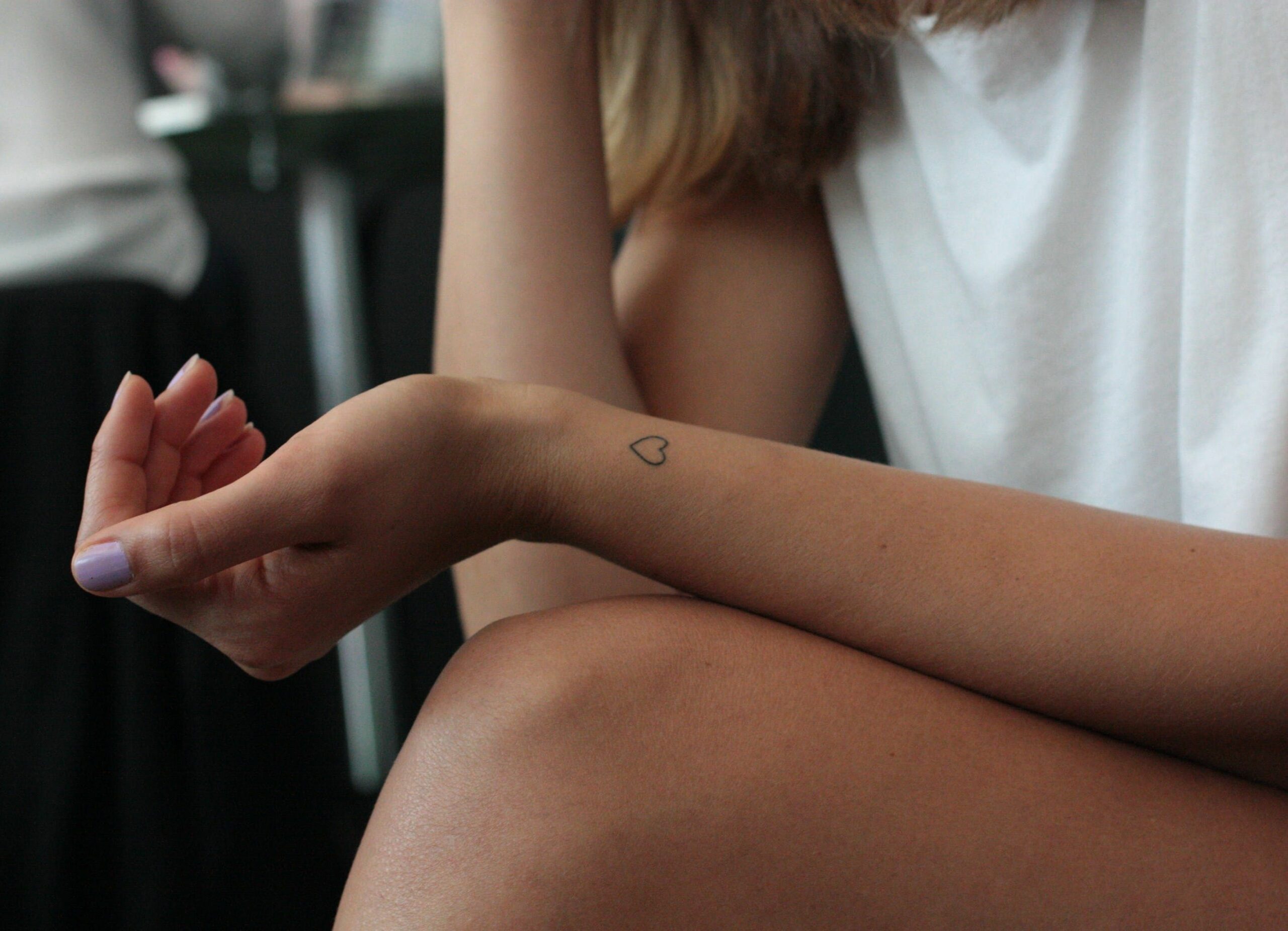Cannabidiol (CBD) has potent healing powers for conditions as diverse as depression, arthritis and Parkinson’s disease. But you don’t have to ingest CBD to get its anti-inflammatory, antibacterial and neuroprotective benefits. You can also apply CBD topically to heal wounds and abrasions on the skin, reduce the appearance of scars and treat a number of other skin issues.
The Benefits of CBD
CBD is one of the most abundant compounds found in hemp, a variety of the Cannabis sativa plant that contains little or no tetrahydrocannabinol (THC)—the plant’s psychoactive ingredient.
Because hemp contains only 0.3% THC by law at most, you can purchase hemp-derived CBD products just about anywhere from brick-and-mortar stores or order them online.
RELATED: 5 PRODUCTS THAT’LL CHANGE YOUR MIND ABOUT HEMP-DERIVED CBD
Research continues to uncover the benefits of CBD for a long list of health conditions. So far, numerous studies have shown that this potent compound can:
- Protect neural pathways in the brain from the effects of damage after trauma or stroke
- Interfere with pain signaling to relieve pain and reduce dependence on pain medications
- Ease symptoms of depression, PTSD and anxiety
- Reduce the symptoms of neurological disorders like multiple sclerosis and Parkinson’s disease
- Help with the symptoms of gastrointestinal problems such as Crohn’s disease and irritable bowel syndrome
- Reduce inflammation and heal infections
- Reduce the proliferation of cancer cells in animal and cell studies
CBD’s many benefits come from its effects on the body’s endocannabinoid system (ECS), a network of receptors found throughout the body and brain that responds both to natural cannabinoids produced by the body itself, and to cannabinoids from outside sources, mainly cannabis. The ECS, plays a major role in maintaining homeostasis, or keeping the many systems of the body working in balance.
CBD acts not only on the many receptors in the brain and other parts of the body, but also on many other processes that are necessary for maintaining that balance. Some research even suggests that many disease states are a result of an endocannabinoid deficiency, so that consuming CBD in any of its many forms can bring cannabinoids to an optimal level for maintaining good health.
Hemp-derived CBD is available in many forms that provide the compound’s benefits including:
- As a nutritional supplement similar to flaxseed oil
- Taken sublingually, under the tongue
- Delivered in CBD-infused edibles such as chocolates, gummies or drinks
But CBD can also be used on the skin
in the form of salves, lotions or creams—and these methods also deliver its powerful healing benefits.
The Skin Is Part of the ECS
The skin is the largest organ of the body—and skin is also a part of the endocannabinoid system, with a large network of receptors in its various layers.
Just as they do in other systems and organs, the skin’s ECS receptors play a role in processes such as:
- Cell growth and differentiation
- Hormone production
- Cellular integrity
For this reason, the skin’s ECS receptors can respond to CBD in the same way that receptors do in other parts of the body. And this means that CBD can be applied directly to the skin to treat issues such as wounds, scars and other conditions like acne.
CBD Can Heal Wounds & Abrasions
CBD has documented anti-inflammatory, analgesic and antibacterial properties. So, folks can turn to the molecule to:
- Relieve pain
- Speed healing
- Prevent infection after injuries from minor scrapes and cuts, burns and deeper wounds
CBD-infused salves, ointments and lotions can be an effective first-aid treatment for minor wounds of all kinds, and it has also been used to support the healing of surgical wounds.
CBD May Reduce Scarring
When the skin’s layers are damaged, the cells work to repair the injury with new collagen fibers. This produces scar tissue that looks and feels different from the surrounding skin. Scars can simply be unsightly, or they can interfere with normal functioning.
CBD supports the regeneration of skin cells and also limits the spread of damaged cells. Another way CBD helps scars heal is by regulating collagen production. When you apply CBD directly to a scar, it can help soften and smooth it, which reduces the appearance and texture of the scar tissue.
CBD Can Help With Other Kinds of Skin Problems
Because it can promote and regulate collagen development, CBD can also help with other kinds of skin issues:
- CBD-infused oils and ointments can reduce the appearance of fine lines and wrinkles.
- Topical CBD can also help reduce the inflammation and scarring of acne and skin breakouts caused by other disorders.
- Some dermatologists say that applying CBD after treatments with Botox or other kinds of skin- repair procedures can help reduce inflammation and swelling as well as promote skin healing.
The Many Forms of Topical CBD
You can apply CBD to the skin in a variety of forms including:
- Oils
- Salves
- Creams
- Lotions
- Sprays
- Lip balm
But despite its many benefits for healing the skin, CBD itself, or other ingredients in CBD products, can trigger allergic reactions such as redness and itching. You may want to test your reaction to a new product by sampling it on a small area of the skin before using it to treat an injured or damaged area.
CBD has a long list of healing properties that can benefit just about every organ of the body. Now, research reveals that CBD in a variety of topical forms can also heal and protect the largest organ of all: the skin.
Photo credit: Coline Haslé
Want to try CBD, but don’t know where to start? Shop our selection of high-quality, lab-tested CBD products and have them shipped to your door. And if you have questions about CBD, ask them and our community will answer.






